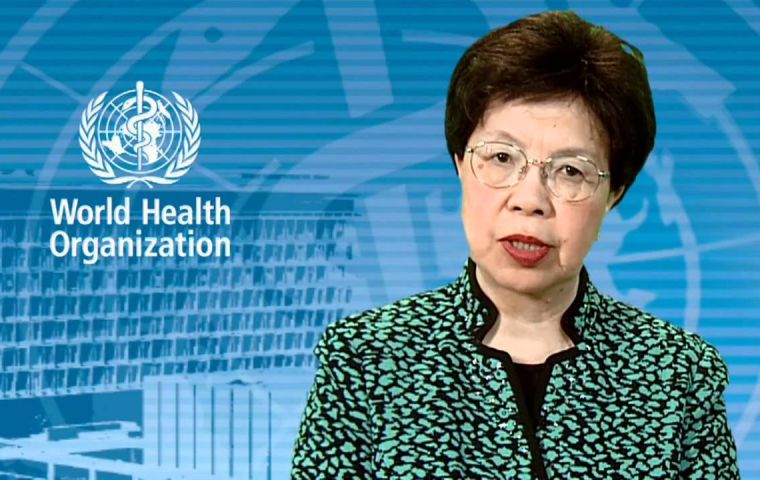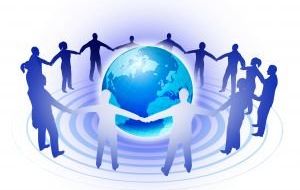MercoPress. South Atlantic News Agency
International Day for the Elimination of Violence against Women
 Ensuring equality between women and men is a crucial part of these efforts,” said Dr Margaret Chan, Director-General of WHO.
Ensuring equality between women and men is a crucial part of these efforts,” said Dr Margaret Chan, Director-General of WHO.  WHO with the UN Office on Drugs and Crime, is launching a toolkit to help countries strengthen the medico-legal response to sexual violence.
WHO with the UN Office on Drugs and Crime, is launching a toolkit to help countries strengthen the medico-legal response to sexual violence.  One in three women experience physical and/or sexual violence by an intimate partner or sexual violence by someone other than a partner in their lifetime.
One in three women experience physical and/or sexual violence by an intimate partner or sexual violence by someone other than a partner in their lifetime.  Women who experience partner violence are twice as likely to suffer from depression and 1.5 times more likely to have a sexually transmitted infection
Women who experience partner violence are twice as likely to suffer from depression and 1.5 times more likely to have a sexually transmitted infection  Women exposed to violence are more likely to have unwanted pregnancies, unsafe abortions and to suffer miscarriages, stillbirths and premature births
Women exposed to violence are more likely to have unwanted pregnancies, unsafe abortions and to suffer miscarriages, stillbirths and premature births On 25 November, the World Health Organization (WHO) joins partners in calling for the elimination of all forms of violence against women and girls to ensure their health, well-being and human rights.
“WHO strongly condemns violence against women and girls and supports partners and countries’ efforts towards the de-normalization of this type of violence. Ensuring equality between women and men is a crucial part of these efforts,” said Dr Margaret Chan, Director-General of WHO.
The Organization, together with the UN Office on Drugs and Crime, is launching a toolkit to help countries strengthen the medico-legal response to sexual violence. This initiative is also supported by UN Action against Sexual Violence in Conflict.
A strong medico-legal response is necessary to help end impunity for perpetrators of sexual violence, and achieve justice for their victims. The toolkit includes recommendations on conducting forensic medical examinations, documenting events and responses, conducting an initial investigation, and ethical standards that must be upheld.
Strengthening the medico-legal response to sexual violence is designed to be used by people working in health, social services, forensic medicine and lab services, police, the legal system (including judges and lawyers), and those coordinating these sectors. The toolkit provides practical guidance to people working in and across all of these sectors, so that they can better support the collection of medical and legal evidence. It contains one-page reference cards to enable quick and easy access to basic and key information. The aim is to provide a resource that could be particularly helpful in low-resource settings.
Globally, one in three women experience physical and/or sexual violence by an intimate partner or sexual violence by someone other than a partner in their lifetime. Women who experience partner violence are twice as likely to suffer from depression and 1.5 times more likely to have a sexually transmitted infection including HIV, compared to those who have never been exposed to such violence. They are also more likely to have unwanted pregnancies, unsafe abortions and when the violence occurs during pregnancy to suffer miscarriages, stillbirths, premature births and to have low birth weight babies.
In helping strengthen the role of the health sector in the prevention and response of violence against women and girls, WHO supports countries ensuring that they can respond and provide appropriate health care services – including mental health support – to women who have experienced violence, and to connect women with other services as needed. This includes building the capacity of health care workers at all levels of the system to know how to identify and respond appropriately to those suffering from violence and its consequences, including in humanitarian settings.




Top Comments
Disclaimer & comment rulesCommenting for this story is now closed.
If you have a Facebook account, become a fan and comment on our Facebook Page!